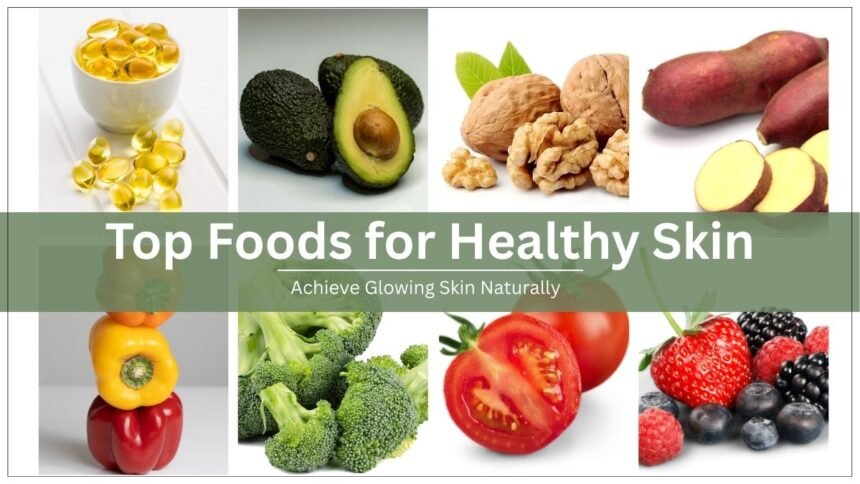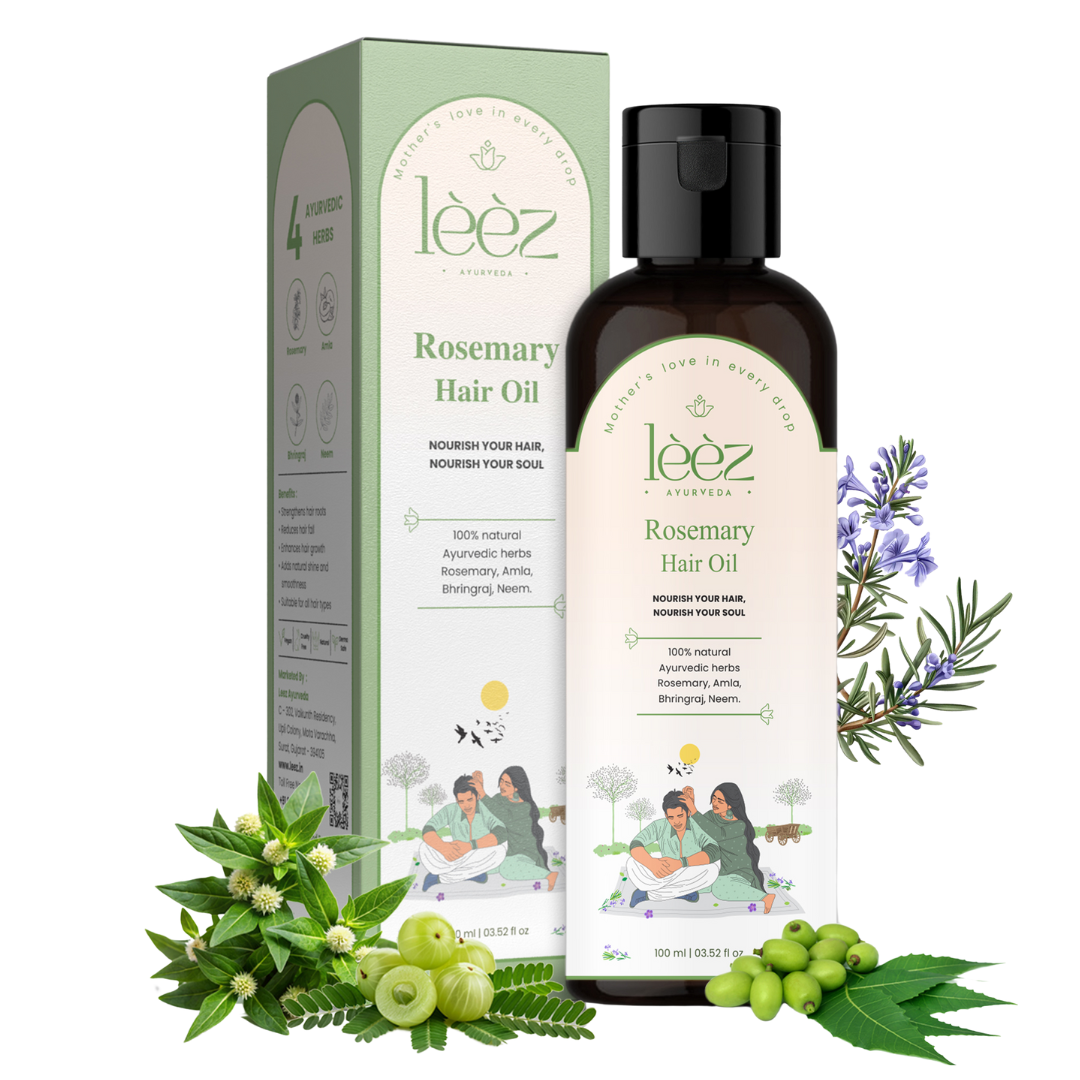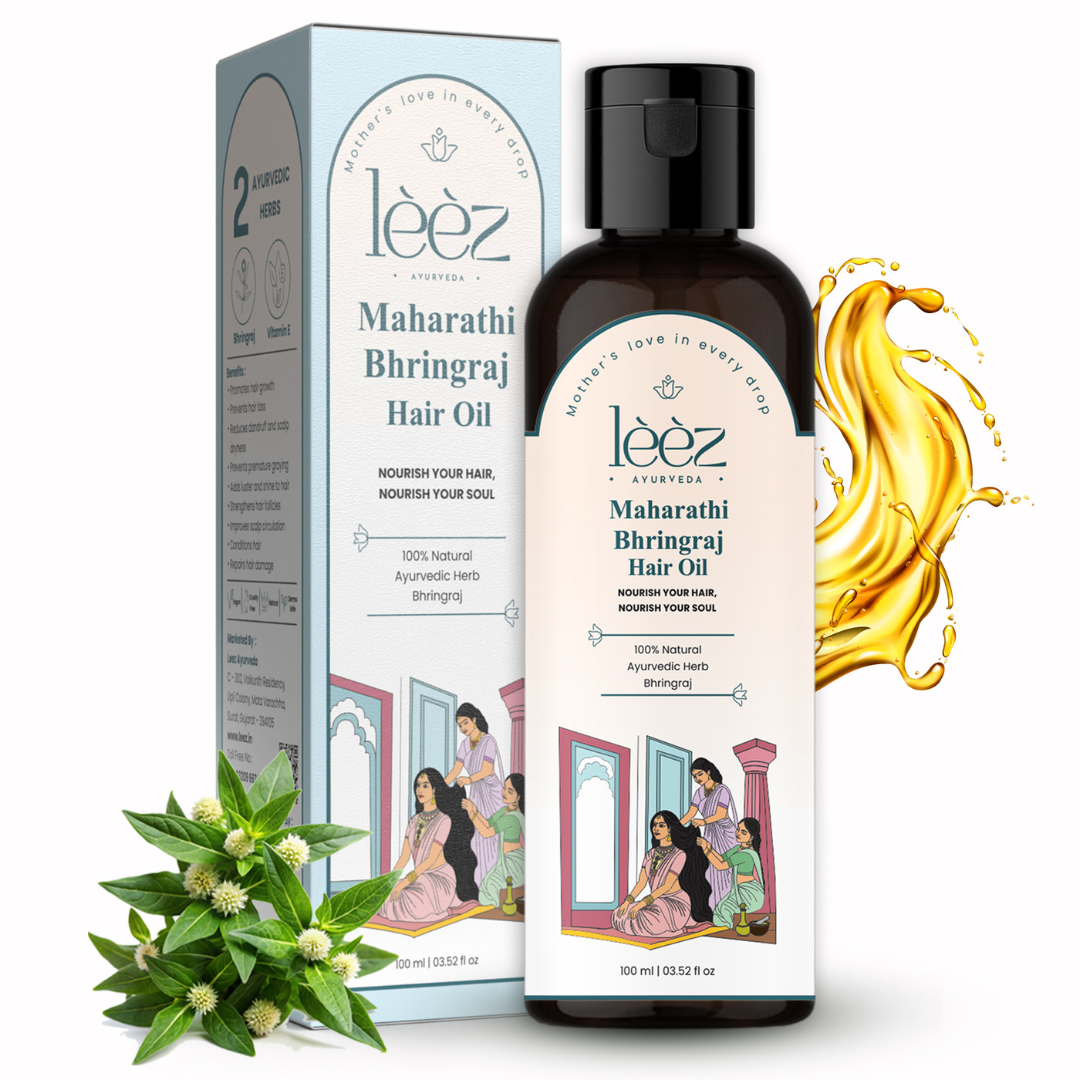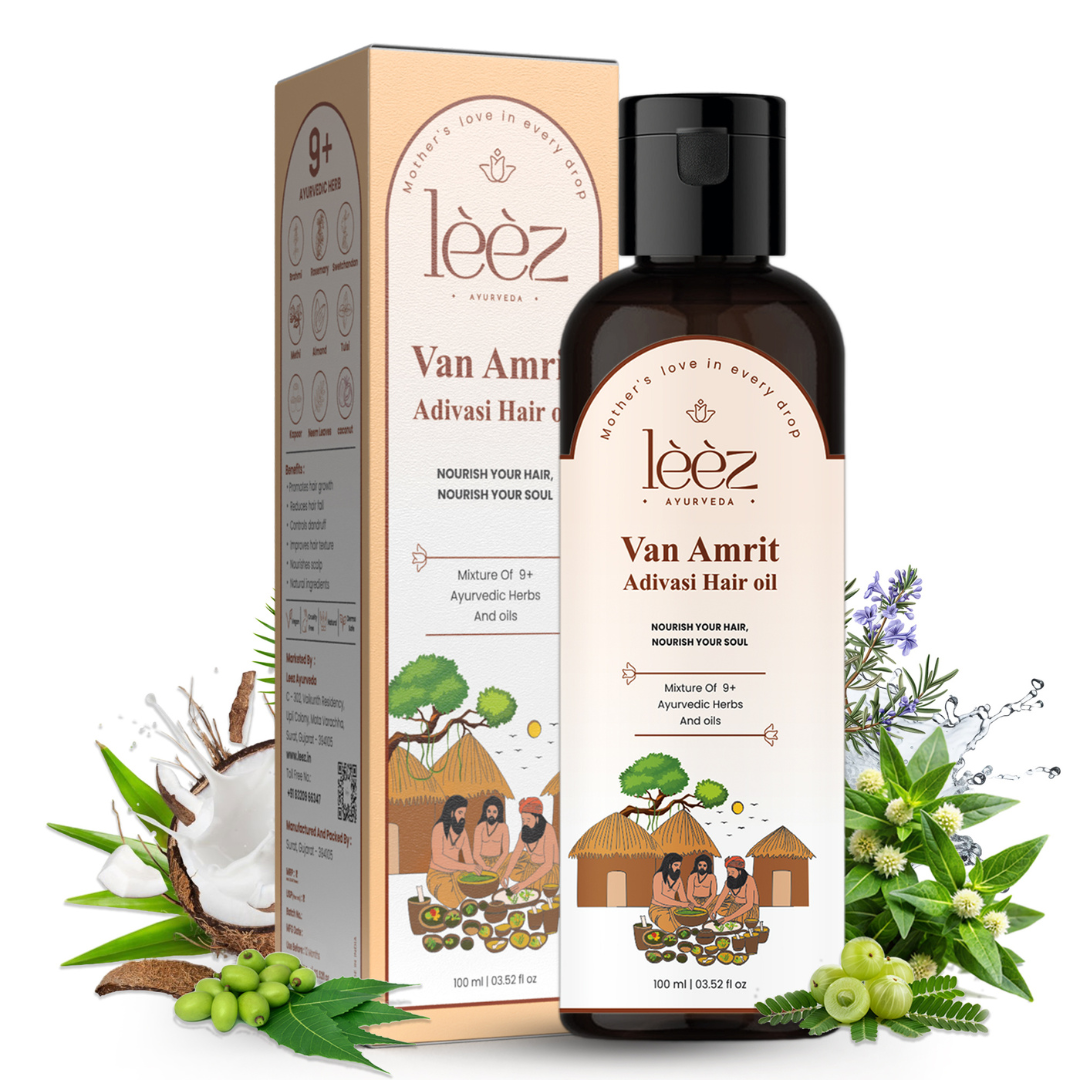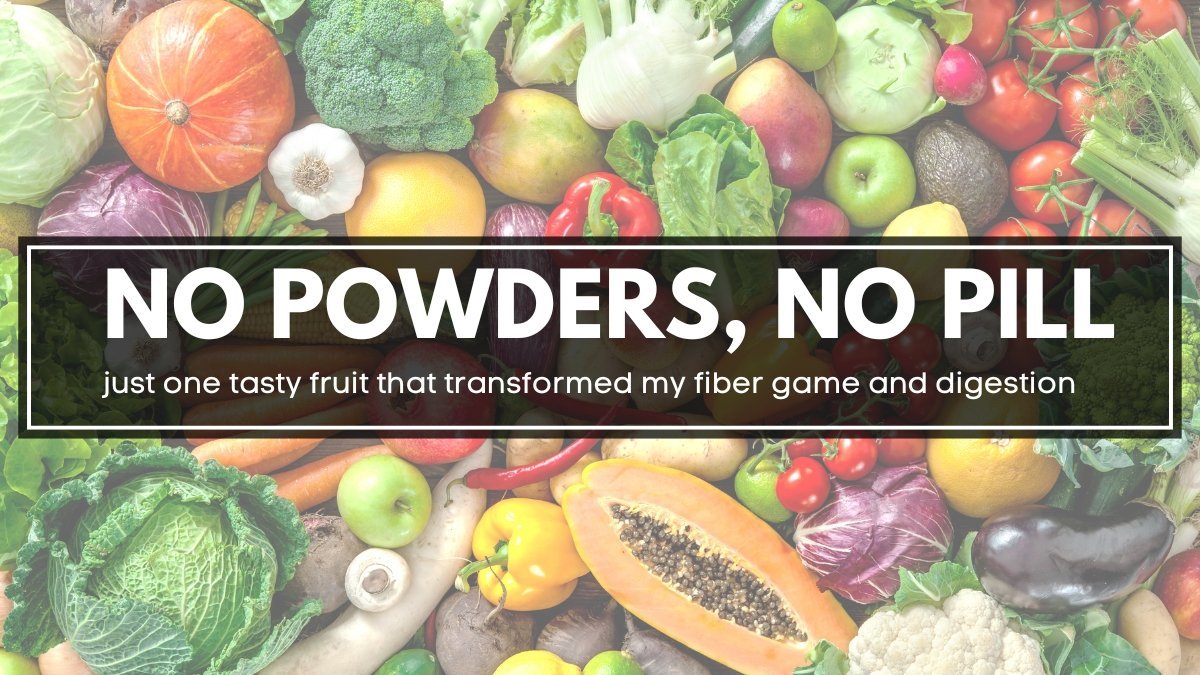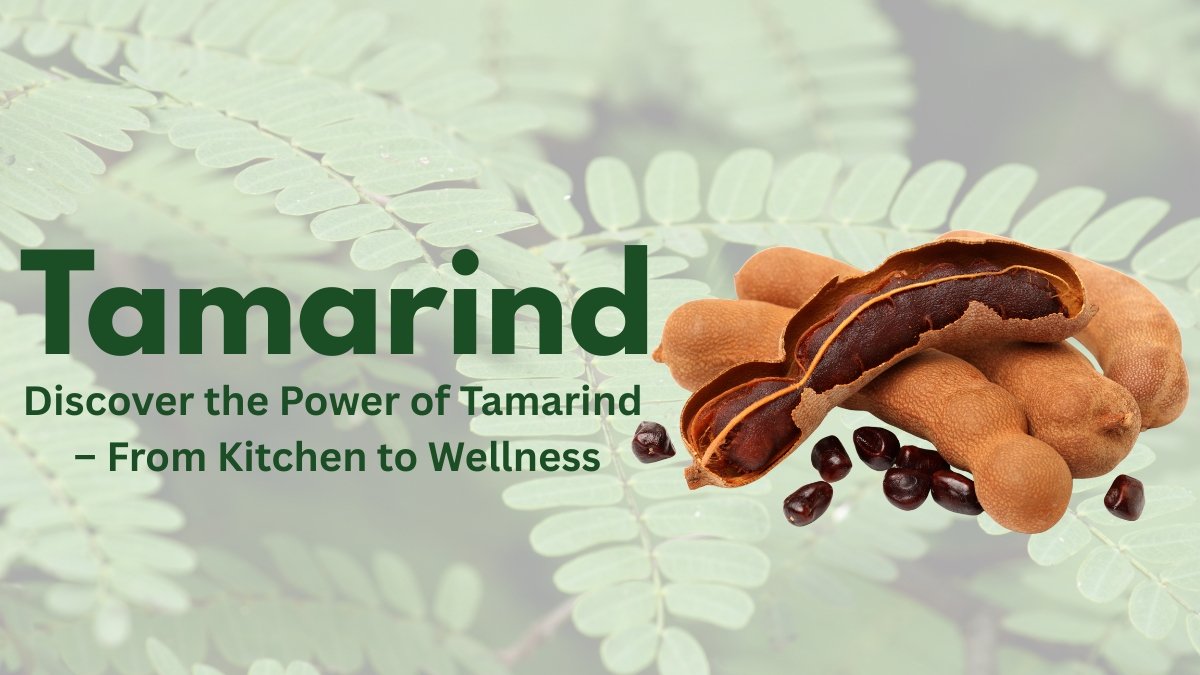Foods for Healthy Skin : Hey there, gorgeous! Ever wondered how some people seem to have that effortless, lit-from-within glow? While genetics and skincare routines play a role, the secret often lies in what we eat. Yes, you heard that right! Your diet is a powerful tool when it comes to achieving radiant and healthy skin. Think of it as nourishing your skin from the inside out.
In this blog post, we’re diving deep into the delicious world of foods for healthy skin and uncovering the top contenders that can help you achieve that coveted glowing skin. We’ll explore various skin health foods and how they contribute to your overall complexion. Get ready to discover some amazing additions to your grocery list that will not only tantalize your taste buds but also work wonders for your skin health.
READ MORE :- Top 10 Immunity-Boosting Foods to Strengthen Your Immune System Naturally
The Gut-Skin Connection: It’s More Than Skin Deep
Before we jump into specific foods, let’s talk about a crucial connection: the gut-skin axis. Your gut health and skin health are intricately linked. An imbalanced gut microbiome can manifest in various skin issues like acne, eczema, and rosacea. Therefore, nurturing a healthy gut is the first step towards achieving a radiant complexion.
Foods that support a healthy gut (and consequently, healthy skin):
- Fermented Foods: Think yogurt (with live and active cultures), kefir, sauerkraut, kimchi, and kombucha. These are packed with probiotics, beneficial bacteria that help balance your gut microbiome.
- Prebiotic-Rich Foods: These foods feed the good bacteria in your gut. Excellent sources include garlic, onions, leeks, asparagus, bananas, oats, and apples. They contain types of fiber that your gut bacteria love to munch on.
- High-Fiber Foods: Fruits, vegetables, and whole grains are rich in fiber, which aids digestion and helps eliminate toxins from the body. This detoxification process can significantly impact the clarity and health of your skin.
The Power Players: Top Foods for Halthy Skin | Best foods for glowing skin | Natural skin care foods
Now, let’s get to the exciting part – the specific skin health foods that can contribute to that beautiful glow you’re after.
1. Fatty Fish: Omega-3s for the Win
Think salmon, mackerel, sardines, and herring. These oily fish are brimming with omega-3 fatty acids, particularly EPA (eicosapentaenoic acid) and DHA (docosahexaenoic acid). These essential fats are not only1 fantastic for your heart health but also play a vital role in skin health.
- Anti-inflammatory Power: Omega-3s have potent anti-inflammatory properties. This can help reduce redness, swelling, and irritation associated with skin conditions like acne and psoriasis.
- Hydration and Barrier Function: They contribute to a healthy skin barrier, which helps retain moisture, keeping your skin hydrated, supple, and less prone to dryness. A strong skin barrier also protects against environmental aggressors.
- Collagen Support: Some studies suggest that omega-3s may even play a role in collagen production, the protein that gives your skin its structure and elasticity.
How to incorporate them: Aim for 2-3 servings of fatty fish per week. You can grill, bake, or pan-sear them. If you’re not a fan of fish, consider a high-quality omega-3 supplement (after consulting your doctor).
2. Avocados: Creamy Goodness for Your Skin
This creamy fruit is a powerhouse of skin-loving nutrients.
- Healthy Fats: Avocados are rich in monounsaturated and polyunsaturated fats, which, like omega-3s, help keep your skin hydrated and supple.
- Vitamin E: A potent antioxidant that protects your skin from free radical damage caused by sun exposure and pollution. Vitamin E also contributes to skin repair.
- Vitamin C: While not as abundant as in citrus fruits, avocados do contain vitamin C, which is crucial for collagen production and also acts as an antioxidant.
How to incorporate them: Add avocado slices to salads, sandwiches, or toast. Blend them into smoothies or make guacamole.
3. Walnuts: Nutty Treasures for Skin Health
These crunchy nuts are more than just a tasty snack; they’re packed with benefits for your skin.
- Omega-3 and Omega-6 Fatty Acids: Walnuts provide a good balance of both types of essential fatty acids, which are important for overall skin health and reducing inflammation.
- Vitamin E: Another excellent source of this antioxidant vitamin.
- Zinc: An essential mineral involved in cell growth and repair, which is crucial for healing wounds and maintaining healthy skin.
- Selenium: An antioxidant that works synergistically with vitamin E to protect skin cells from damage.
How to incorporate them: Enjoy a handful of walnuts as a snack, sprinkle them on salads or yogurt, or add them to your breakfast cereal.
4. Sweet Potatoes: Beta-Carotene for a Natural Glow
These vibrant orange vegetables are loaded with beta-carotene, an antioxidant that your body converts into vitamin A.
- Vitamin A Powerhouse: Vitamin A is essential for cell turnover, helping to shed old, dull skin cells and reveal fresh, radiant skin underneath. It also plays a role in preventing acne.
- Antioxidant Protection: Beta-carotene itself is a powerful antioxidant that helps protect your skin from sun damage and premature aging.
How to incorporate them: Bake, roast, mash, or grill sweet potatoes. Add them to stews or enjoy them as fries.
5. Bell Peppers (Especially Red and Yellow): Vitamin C Champions
These colorful veggies are bursting with vitamin C, a superstar nutrient for skin health.
- Collagen Production: Vitamin C is essential for the synthesis of collagen, the protein that provides structure and elasticity to your skin. Adequate collagen levels help keep your skin firm and youthful.
- Powerful Antioxidant: Vitamin C is a potent antioxidant that protects your skin from free radical damage, which can lead to wrinkles and other signs of aging.
- Brightening Effects: Vitamin C can also help to brighten your complexion and even out skin tone by inhibiting melanin production.
How to incorporate them: Enjoy bell peppers raw in salads or with dips, sauté them in stir-fries, or roast them for a sweet and smoky flavor.
6. Broccoli: A Nutritional Powerhouse for Skin
This cruciferous vegetable is packed with vitamins and antioxidants that benefit your skin in multiple ways.
- Vitamins A and C: As mentioned earlier, these vitamins are crucial for cell turnover, collagen production, and antioxidant protection.
- Sulforaphane: An antioxidant compound found in broccoli that may help protect against UV damage and even have anti-cancer properties.
- Lutein: Another antioxidant present in broccoli that can help protect your skin from oxidative stress.
How to incorporate it: Steam, roast, or stir-fry broccoli. You can also add it to soups or salads.
7. Tomatoes: Lycopene for Sun Protection
These juicy red fruits are rich in lycopene, a powerful antioxidant.
- Sun Protection (Internal): Lycopene has been shown to help protect the skin against sun damage, although it’s not a substitute for sunscreen! It helps neutralize free radicals produced by UV exposure.
- Antioxidant Properties: Lycopene also combats other forms of oxidative stress that can contribute to skin aging.
How to incorporate them: Enjoy tomatoes raw in salads and sandwiches, make sauces, or roast them to enhance their sweetness.
8. Berries (Blueberries, Strawberries, Raspberries): Antioxidant Bombs
These colorful fruits are packed with antioxidants, particularly anthocyanins, which give them their vibrant hues.
- Combat Free Radicals: Antioxidants in berries help protect your skin cells from damage caused by free radicals, which contribute to wrinkles, fine lines, and other signs of aging.
- Anti-inflammatory Effects: Berries also have anti-inflammatory properties that can help soothe irritated skin.
How to incorporate them: Enjoy berries as a snack, add them to yogurt or oatmeal, blend them into smoothies, or use them in desserts.
9. Dark Leafy Greens (Spinach, Kale): Vitamin and Mineral Richness
These leafy powerhouses are loaded with essential vitamins and minerals that support overall health, including skin health.
- Vitamins A, C, and K: These vitamins contribute to cell turnover, collagen production, and wound healing.
- Antioxidants: Dark leafy greens are rich in various antioxidants that protect against free radical damage.
- Iron: Essential for healthy blood circulation, which can contribute to a healthy complexion.
How to incorporate them: Add spinach or kale to salads, smoothies, soups, or stir-fries. You can also sauté or steam them.
10. Green Tea: Sip Your Way to Healthy Skin
This popular beverage is packed with antioxidants called catechins.
- Powerful Antioxidants: Catechins, particularly EGCG (epigallocatechin gallate), are potent antioxidants that can help protect your skin from free radical damage and signs of aging.
- Anti-inflammatory Properties: Green tea may also have anti-inflammatory effects that can benefit skin conditions like acne and rosacea.
How to incorporate it: Enjoy a cup or two of green tea daily. Let it cool and use it as a facial toner for an extra boost.
11. Dark Chocolate (in Moderation): A Delicious Antioxidant Source
Good news for chocolate lovers! Dark chocolate (with a high cocoa content, ideally 70% or more) contains antioxidants called flavanols.
- Antioxidant Power: Flavanols can help protect your skin from sun damage and improve blood flow, which can contribute to a healthy glow.
- Hydration: Some studies suggest that dark chocolate may help improve skin hydration.
How to incorporate it: Enjoy a small square of high-quality dark chocolate as a treat.
12. Olive Oil: Liquid Gold for Your Skin (and Body)
This Mediterranean staple is rich in healthy fats and antioxidants.
- Healthy Fats: Monounsaturated fats in olive oil help keep your skin hydrated and supple.
- Antioxidants: Olive oil contains antioxidants like vitamin E and polyphenols that protect against free radical damage.
How to incorporate it: Use olive oil in salad dressings, for drizzling over vegetables, or in light sautéing.
Beyond Specific Foods: Hydration is Key
While focusing on specific foods for healthy skin is important, let’s not forget the fundamental role of hydration. Water is essential for all bodily functions, including keeping your skin hydrated, plump, and radiant.
- Flush Out Toxins: Adequate water intake helps flush out toxins from your body, which can contribute to clearer skin.
- Maintain Elasticity: Hydrated skin is more elastic and less prone to wrinkles.
- Support Nutrient Delivery: Water helps transport nutrients to your skin cells.
How much water? Aim for at least 8 glasses of water per day, and adjust based on your activity level and climate.
Creating Your Skin-Loving Diet
Incorporating these skin health foods into your daily diet doesn’t have to be complicated. Start by making small, gradual changes. Here are a few tips:
- Eat a Rainbow: Aim for a variety of colorful fruits and vegetables to ensure you’re getting a wide range of vitamins, minerals, and antioxidants.2
- Don’t Fear Healthy Fats: Include sources of omega-3s and monounsaturated fats in your diet.
- Prioritize Whole Foods: Focus on whole, unprocessed foods rather than refined and processed options.
- Listen to Your Body: Pay attention to how different foods affect your skin and adjust your diet accordingly.
The Takeaway: Nourish Your Skin from Within
Achieving glowing skin is a holistic process, and diet plays a significant role. By incorporating these delicious and nutrient-rich foods for healthy skin into your daily meals, you’re not just nourishing your body; you’re investing in a radiant and healthy complexion that shines from the inside out. Remember consistency is key, so make these skin-loving foods a regular part of your lifestyle. Here’s to healthy, happy, and glowing skin in 2025 and beyond!


